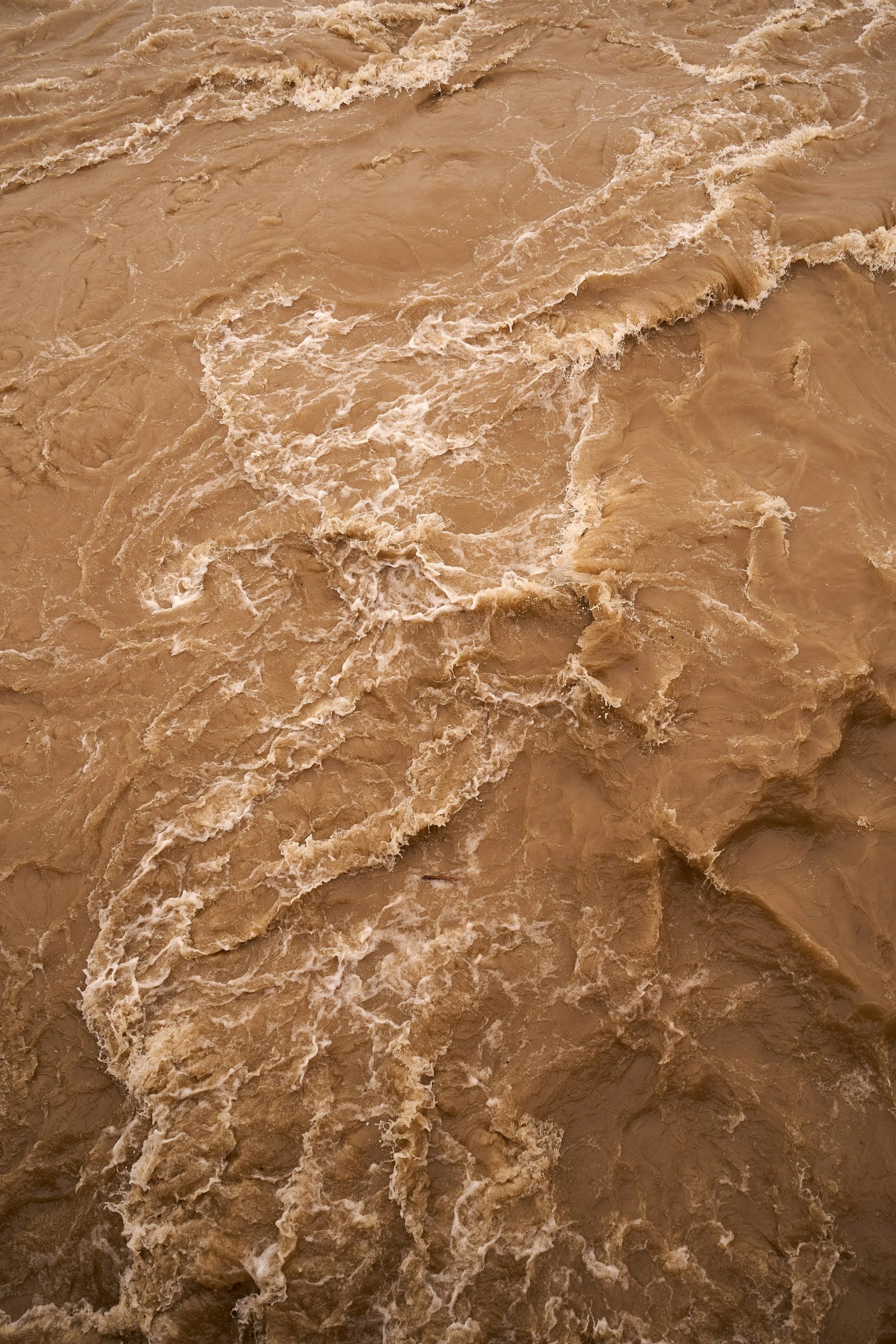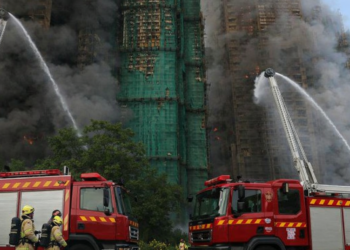At least 194 people have perished in northwest Pakistan over the past 24 hours as unprecedented monsoon rains triggered catastrophic flooding across Khyber Pakhtunkhwa province. The National Disaster Management Authority (NDMA) confirmed the rising death toll late Friday, with Buner district suffering the heaviest losses—100 fatalities alone from flash floods and structural collapses.
Tragedy compounded when a Pakistan Army relief helicopter crashed during rescue operations in Bajaur near the Afghan border, killing all five crew members attempting to deliver emergency supplies to stranded communities.
The Pakistani military has meanwhile, mobilized 15,000 troops for search-and-rescue missions using amphibious vehicles and helicopters where weather permits. However, survivors in hard-hit districts like Dir and Shangla accuse authorities of slow response times, recalling similar grievances during previous floods.

Rescue teams worked through torrential downpours to relocate over 2,000 residents from Swat district after the Swat River breached its banks, submerging entire villages. Prime Minister Shahbaz Sharif convened an urgent cabinet meeting in Islamabad, pledging “all available resources” for relief efforts as meteorological officials reported rainfall exceeding 300% of seasonal averages.
Climate Change Worsens Pakistan’s Monsoon Catastrophe
This disaster makes it Pakistan’s fourth consecutive year of extreme monsoon destruction since the record-breaking 2022 floods that submerged a third of the country. Meteorologists attribute the intensified rainfall to warmer Indian Ocean temperatures accelerating evaporation rates—a hallmark of climate change impacts on South Asia’s weather systems. The current monsoon has particularly battered mountainous regions where deforested slopes offer little resistance to flash floods, with Khyber Pakhtunkhwa’s steep valleys funneling deadly torrents through populated areas.
Why It Matters
With Pakistan’s Meteorological Department predicting another 72 hours of heavy precipitation, fears mount of cascading disasters including waterborne disease outbreaks and food shortages. The World Health Organization has deployed emergency medical teams to establish cholera treatment centers, while UNICEF warns 45% of the affected population are children vulnerable to malnutrition and trauma. International aid organizations highlight disturbing parallels to 2022’s disaster, when floodwaters ultimately claimed over 1,700 lives nationwide.
The Global Response as UN Launches Pakistan Flood Appeal
United Nations Secretary-General António Guterres has urged donor nations to contribute to a $160 million emergency fund, noting Pakistan—responsible for less than 1% of global emissions—is disproportionately suffering climate change consequences. The appeal comes as Pakistan’s cash-strapped government diverts funds from development projects to disaster response, with Finance Minister Muhammad Aurangzeb estimating initial recovery costs at $500 million.

















